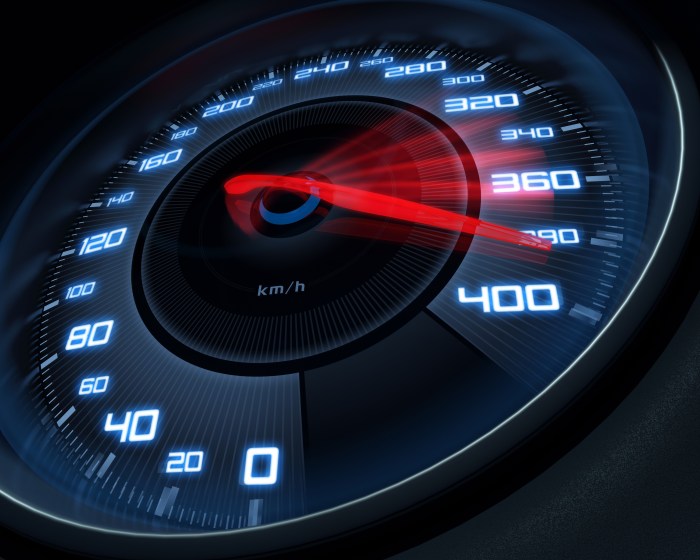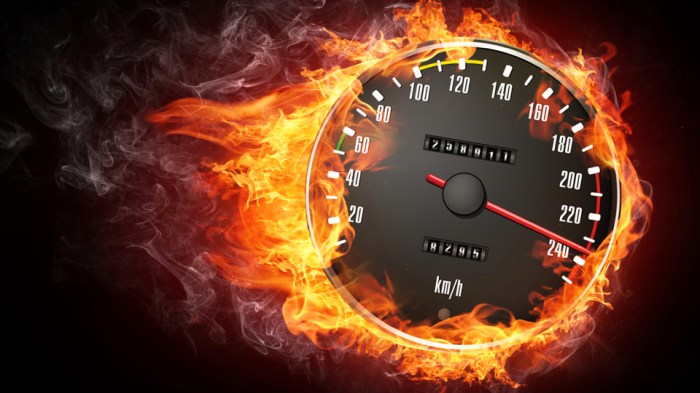Which of these causes the most collisions on a boat? As we delve into this intriguing topic, we embark on a journey to unravel the myriad factors that contribute to maritime accidents, shedding light on the complexities of navigating our waterways.
Collisions on the water can stem from a multitude of sources, each posing unique challenges to boaters. From human error to environmental conditions and mechanical malfunctions, understanding the interplay of these elements is crucial for enhancing safety and preventing mishaps.
Boat Collisions: Types and Causes
Boat collisions occur when two or more vessels come into contact with each other. These collisions can vary in severity, from minor fender benders to catastrophic accidents that result in loss of life and property. Understanding the different types of boat collisions and their causes is essential for boaters to avoid these accidents.
Types of Boat Collisions
- Head-on collisionsoccur when two boats collide head-to-head. These collisions can be particularly dangerous, as the force of the impact is concentrated on a small area of the boat.
- Rear-end collisionsoccur when one boat strikes another boat from behind. These collisions are often caused by inattention or following too closely.
- Side-swipe collisionsoccur when two boats collide sideways. These collisions can be caused by a variety of factors, including misjudging the distance between boats or failing to yield the right of way.
Causes of Boat Collisions
There are many different factors that can contribute to boat collisions. Some of the most common causes include:
- Operator erroris the leading cause of boat collisions. This can include inattention, distraction, impaired judgment due to alcohol or drugs, or lack of experience or training.
- Weather conditionscan also contribute to boat collisions. Fog, rain, and high winds can reduce visibility and make it difficult to maneuver boats safely.
- Equipment failurecan also lead to boat collisions. Mechanical problems, such as engine problems or steering issues, can impair a boat’s operation and make it difficult to avoid collisions.
- Other factorsthat can contribute to boat collisions include congested waterways, speeding or reckless driving, and lack of proper lighting or signaling.
Operator Factors Contributing to Collisions

Operator error is the leading cause of boat collisions. There are many different types of operator errors that can lead to collisions, including:
- Inattention or distractionis one of the most common causes of operator error. When boaters are not paying attention to their surroundings, they may not see other boats or hazards in time to avoid a collision.
- Impaired judgment due to alcohol or drugsis another major cause of operator error. Alcohol and drugs can impair a boater’s judgment, reaction time, and coordination, making them more likely to cause a collision.
- Lack of experience or trainingcan also contribute to operator error. Inexperienced boaters may not be familiar with the rules of the water or how to operate their boat safely.
Environmental Factors Influencing Collisions

Weather conditions can also play a role in boat collisions. Fog, rain, and high winds can reduce visibility and make it difficult to maneuver boats safely. In addition, water conditions, such as currents and tides, can also affect boat handling and increase the risk of collisions.
Weather Conditions, Which of these causes the most collisions on a boat
- Fogis one of the most dangerous weather conditions for boaters. Fog can reduce visibility to zero, making it impossible to see other boats or hazards. This can lead to head-on collisions or other types of accidents.
- Raincan also reduce visibility, especially when it is heavy. Rain can also make it difficult to see buoys and other markers, which can lead to boaters getting lost or running aground.
- High windscan make it difficult to control a boat. Strong winds can also create waves, which can make it difficult to see and can also cause boats to capsize.
Water Conditions
- Currentscan affect boat handling, especially in narrow channels or near bridges. Currents can also push boats into other boats or hazards.
- Tidescan also affect boat handling. Tides can cause water levels to rise and fall, which can change the depth of the water and make it difficult to navigate.
Equipment Malfunctions and Their Role in Collisions

Equipment failure can also lead to boat collisions. Mechanical problems, such as engine problems or steering issues, can impair a boat’s operation and make it difficult to avoid collisions.
Mechanical Problems
- Engine problemsare one of the most common causes of equipment failure. Engine problems can cause a boat to lose power, which can make it difficult to maneuver or avoid collisions.
- Steering issuescan also lead to collisions. Steering problems can make it difficult to control a boat, which can increase the risk of running aground or colliding with other boats.
Importance of Maintenance and Inspections
Regular maintenance and inspections are essential for preventing equipment-related collisions. By keeping your boat in good condition, you can reduce the risk of mechanical problems and ensure that your boat is safe to operate.
Other Factors Impacting Collisions
In addition to the factors discussed above, there are a number of other factors that can contribute to boat collisions. These factors include:
- Congested waterwayscan increase the risk of collisions. When there are a lot of boats in a small area, it can be difficult to see other boats and hazards. This can lead to collisions, especially in areas such as marinas or narrow channels.
- Speeding or reckless drivingcan also increase the risk of collisions. When boaters are speeding or driving recklessly, they are more likely to make mistakes that can lead to accidents.
- Lack of proper lighting or signalingcan also contribute to collisions. When boats are not properly lit or signaled, they can be difficult to see at night or in low-visibility conditions. This can lead to collisions, especially between boats that are traveling in opposite directions.
FAQ Compilation: Which Of These Causes The Most Collisions On A Boat
What is the most common cause of boat collisions?
Operator error, including inattention, impaired judgment, and lack of experience, is a leading cause of boat collisions.
How do weather conditions affect boat collisions?
Poor visibility due to fog, rain, or high winds can significantly impair boaters’ ability to see and respond to hazards, increasing the risk of collisions.
What is the importance of regular maintenance in preventing boat collisions?
Regular maintenance and inspections help ensure that boat equipment, such as engines and steering systems, are in good working order, reducing the likelihood of mechanical failures that could contribute to collisions.